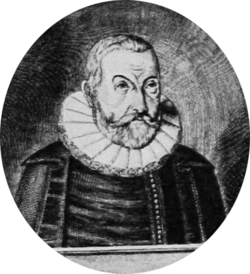 |
| taken from Wikipedia |
Ave Verum Charles Gounod (1818-1893)
Gounod was born in Paris, his father an artist and his mother a pianist and also his first piano teacher. He showed an early aptitude for music. He studied at the Paris Conservatoire and won the Prix de Rome in 1839 for his Cantata Fernand. He contemplated taking holy orders but went back to composition before taking his vows. In 1854 he competed a Messe Solennelle also know as St Cecilia Mass.
The sister of Felix Mendelssohn, Fanny, introduced Gounod to the works of JS Bach, in particcular he admired The Well-Tempered Clavier and it inspired him to write a melody to the Prelude in C major, later adding the words "Ave Maria" and it became a success. in 1859 he wrote Faust for which he is best remembered.
Between 1870 and 1874, Gounod lived in London, becoming conductor the Royal Choral Society. Much of his music at this time was choral.
As he grew older his music became more sacred. He was made a Grand Officer of the Légion d'honneur in 1888 and died of a stroke in 1893.
